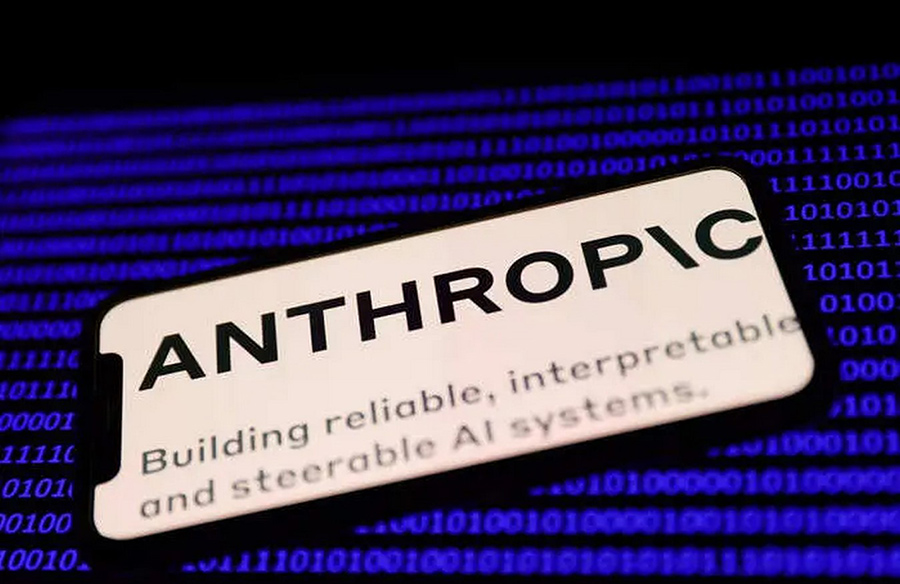The issue of whether AI chatbots should only provide answers they are certain of has sparked a debate in the AI community, with some arguing that occasional errors are an acceptable tradeoff for usability.
Understanding the Tradeoff
Jared Kaplan, the cofounder of Anthropic, emphasized at The Wall Street Journal’s CIO Network Summit that chatbots becoming overly cautious about their fallibility could render them ineffective for users. He suggested that occasional errors, or “hallucinations,” are part of the tradeoff for a functional AI system.
Balancing Accuracy and Usability
Kaplan highlighted the challenge of striking a balance between accuracy and practicality in AI systems. While the ultimate goal is to minimize errors, he cautioned against creating AI models that are too risk-averse, as they may become reluctant to provide any answers at all.
Setting Limits
Determining when it’s acceptable for a chatbot to respond with potentially inaccurate information is a decision that developers must grapple with. Kaplan stressed the importance of avoiding extremes, noting that while a completely error-free AI may be the ideal, it’s crucial not to sacrifice usefulness in pursuit of perfection.
Ethical Considerations
The discussion extends beyond technical considerations to ethical concerns as well. Anthropic, known for its focus on AI safety and research, has explored the implications of AI models intentionally providing false information. This raises questions about the ethical boundaries of AI development and deployment.
The Road Ahead
As AI technology continues to evolve, finding the right balance between accuracy and practicality will remain a key challenge. The insights shared by experts like Kaplan shed light on the complexities of AI development and the ongoing efforts to create AI systems that are both reliable and useful.


